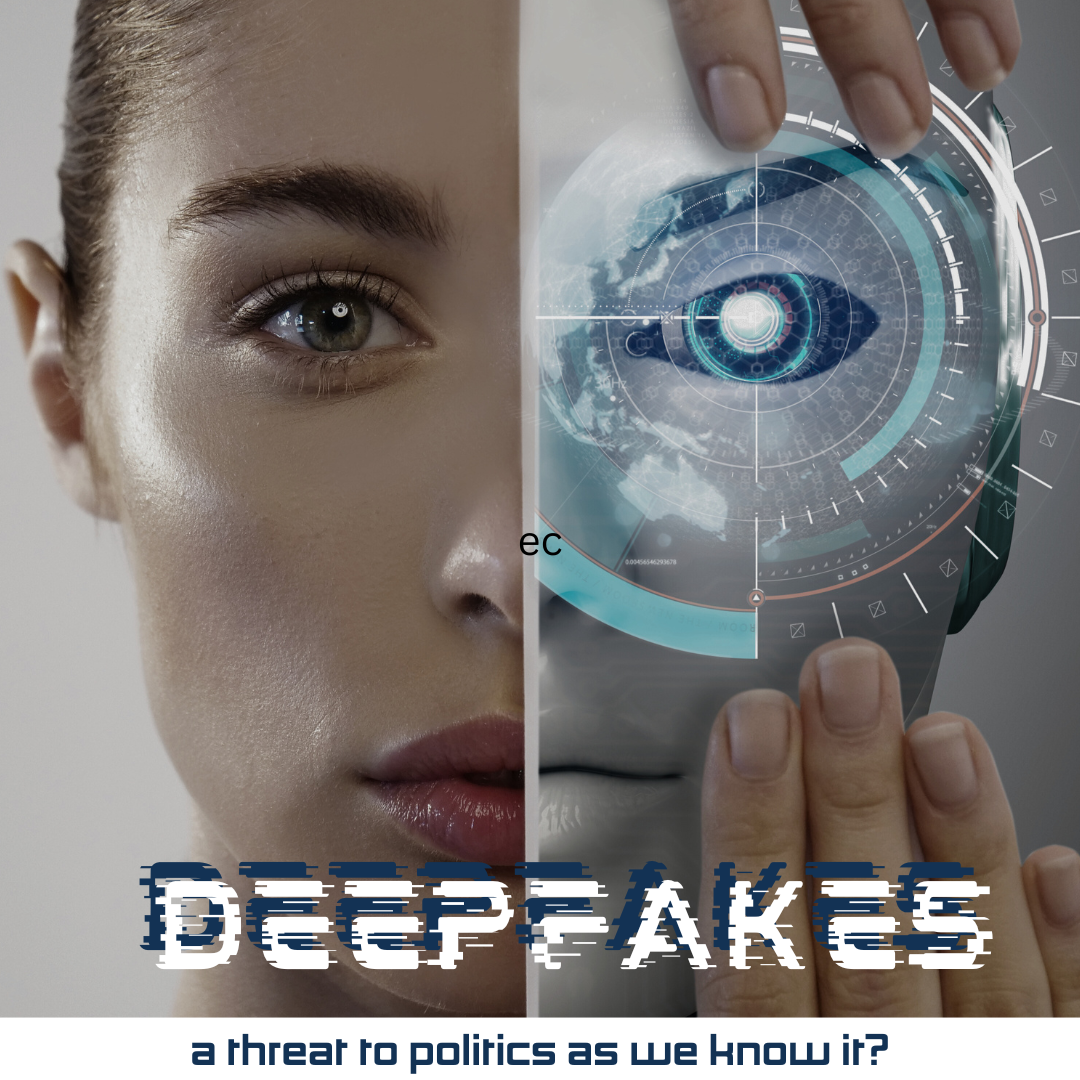In the years since research organization OpenAI released its tools ChatGPT and DALL-E, artificial intelligence has held the public spotlight, becoming the focus of conversations regarding education, business, healthcare and more. Now, as the results from presidential primaries hit the headlines, concerns are rising regarding the use of deepfakes, videos that have been manipulated through the use of AI.
Deepfakes can be used in elections to create fake statements and unpleasant rumors, altering the public’s perception of political candidates. As stated by the U.S. Department of Homeland Security, the threat posed by deepfaked media “comes not from the technology used to create it, but from people’s natural inclination to believe what they see.”
Deepfakes are already making their way onto the international stage. Recently, Bollywood stars Ranveer Singh and Aamir Khan filed official police complaints after their likenesses were used to promote political candidates in widely circulated deepfaked clips on social media. This raised public concerns that deepfakes would impact India’s elections, creating a political battlefield where the line between AI and reality is blurred. The country’s elections are the largest of its kind worldwide, with almost a billion Indian citizens eligible to vote.
On the other hand, Indian politicians have widely embraced the rise of deepfakes. In a piece published for science magazine WIRED, technology journalists Nilesh Christopher and Varsha Bansal describe how the Rajasthani politician Shakti Singh Rathore used AI deepfakes to help translate his speech from Hindi to other languages like Tamil, Marathi and Sanskrit. In a country like India, where there are 22 national languages and thousands of dialects, the $60 million business of deepfakes helps political candidates reach more voters.
Now, as the US primaries have proceeded, concerns have risen among AI experts that Americans will be the next civilians targeted by deepfakes. Evidence of the development of deepfaked media during the 2020 election recently emerged, with US officials disclosing to CNN that operatives for the Chinese and Iranian governments prepared AI-generated propaganda to influence voters. Though the deepfaked videos were never leaked to the public, the FBI did warn at a briefing last week that AI could enable foreign agents to spread election disinformation.
While AI can potentially have positive applications in every area of modern life, the dangers of deepfakes in politics have caused many experts to ponder on the mental health effects of artificial intelligence on human brains. Not much research currently exists regarding the implications of human-AI relationships, but experts are concerned that we will no longer be able to use simple tools or methods to differentiate between real and fake media. According to the Brennan Center for Justice, “U.S. law specifies that even outright deception,” such as deepfaked campaign media, “cannot be prohibited simply for its own sake.” This makes the legal situation regarding political campaigns, libel and civilian rights even more treacherous than before.
As America prepares for the upcoming election cycle, officials hold different opinions on how to best move forward. In Arizona, election workers underwent rigorous deepfake training to prepare themselves for the reality of an election in the age of AI. As shared by the Washington Post, this training included exercises asking workers to consider multiple AI-generated scenarios, before revealing that the very video welcoming them into the training session was a deepfake.
While it is not clear how AI will continue to affect modern life, one thing is clear: deepfakes will leave American politics more complex than ever before.



Veena Dhruva • Jul 31, 2024 at 8:42 am
I liked the topic. Very relevant for nowadays. And the research that you have put in regarding India is spot on. Managed intelligently and honestly, AI is a boon. Deepfakes maybe a saviour. Otherwise, it becomes a bane.